News
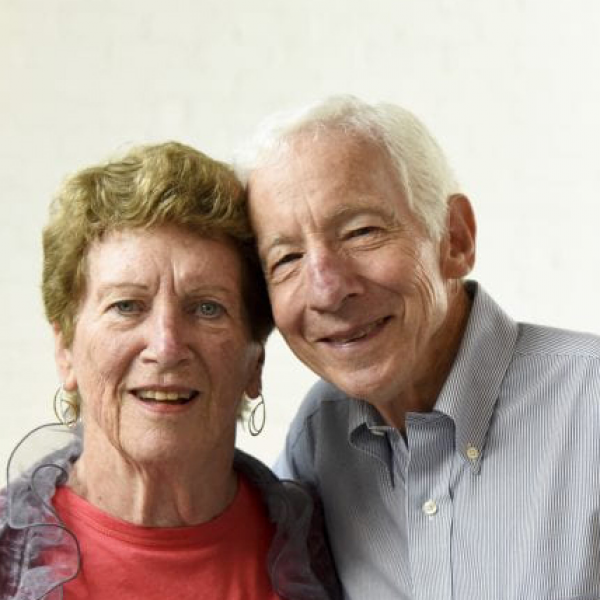
Feb 07, 2022
Benkovics support pioneering research in chemistry and the life sciences
You might think of Patricia and Stephen Benkovic as Penn State’s “first couple of chemistry,” considering all the pioneering contributions they’ve made at the University in their shared discipline over a span of more than five decades. Now the pair are giving back to their research community in an exciting new way, hoping to inspire the next generation of scientists to carry the torch of innovation and discovery to even greater heights.
Full Article
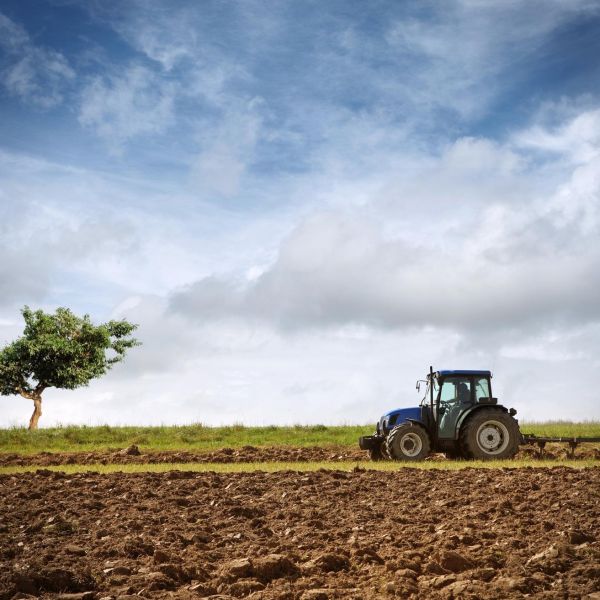
Feb 07, 2022
Soil tillage reduces availability of ‘longevity vitamin’ ergothioneine in crops
Soil tillage on farms may significantly reduce the availability in crops of ergothioneine, an amino acid produced by certain types of soil-borne fungi and bacteria that is known as a “longevity vitamin” due to its potent antioxidant properties, according to new research. The study is among the first to demonstrate that soil disturbance can directly impact a key dietary factor associated with long-term human health.
Full Article

Feb 04, 2022
SCInet graduate student internships available 2022, applications due March 15
Paid graduate student internships are available this summer at Mississippi State University through the USDA SCINET program. SCINET provides resources and opportunities for training in (for example) landscape effects on insect distributions and conservation - as such, we encourage our IBC student membership to apply!
Full Article
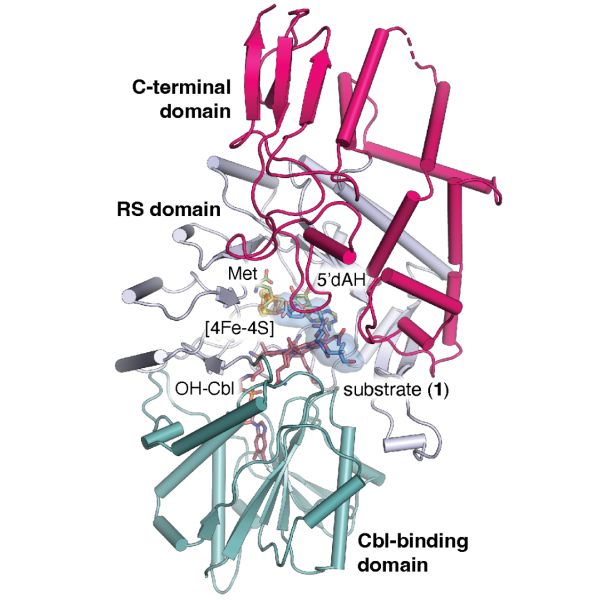
Feb 02, 2022
The key to a powerful antibiotic’s formation now clear
A powerful class of antibiotics called carbapenems can circumvent antibiotic resistance thanks to a particular chain of atoms in their structure. Now, a team of researchers from Penn State and Johns Hopkins University have imaged an enzyme involved in the creation of this chain to better understand how it forms — and perhaps replicate the process to improve future antibiotics.
Full Article
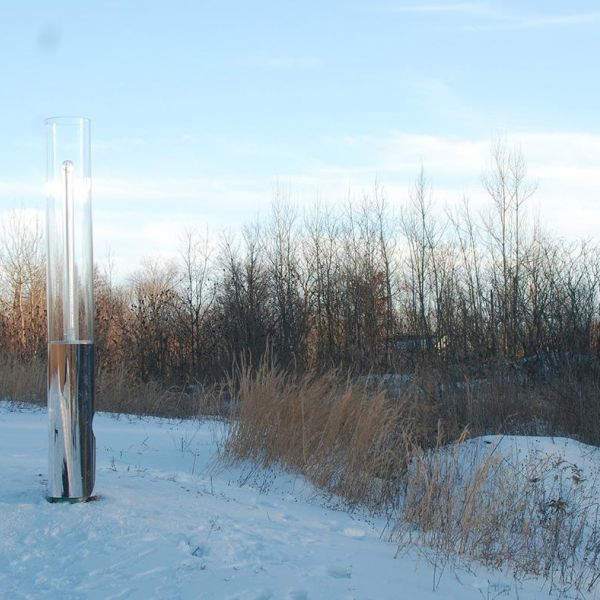
Jan 31, 2022
New exhibition to examine the impact of extraction economies on climate change
A new exhibition examining the long-term spatial and ecological consequences of extraction economies and their impact on climate change will run 1/31–3/4 in the Penn State Stuckeman School’s Rouse Gallery as part of its Lecture and Exhibit Series.
Full Article
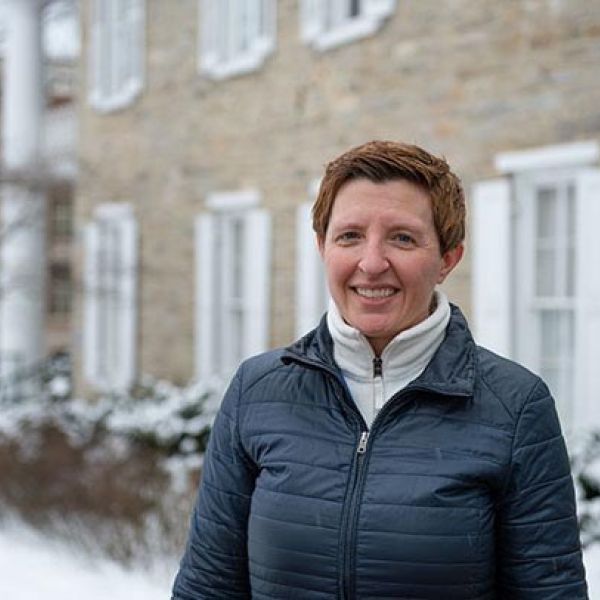
Jan 27, 2022
Faculty member appointed to AAAS Committee on Scientific Freedom and Responsibility
Jennifer Wagner, Penn State assistant professor of law, policy and engineering in the School of Engineering Design, Technology, and Professional Programs, was appointed to serve on the American Association for the Advancement of Science Committee on Scientific Freedom and Responsibility
Full Article

Jan 27, 2022
Nita Bharti to deliver 2022 Darwin Day Lecture
Nita Bharti, Penn State assistant professor of biology, will deliver a virtual lecture titled “Adaptation for Survival: Humans and Their Pathogens” at 4 p.m. on Thursday, Feb. 10, as part of Penn State’s 2022 Darwin Day celebration. Advance registration is required for the event, which is open to the public.
Full Article
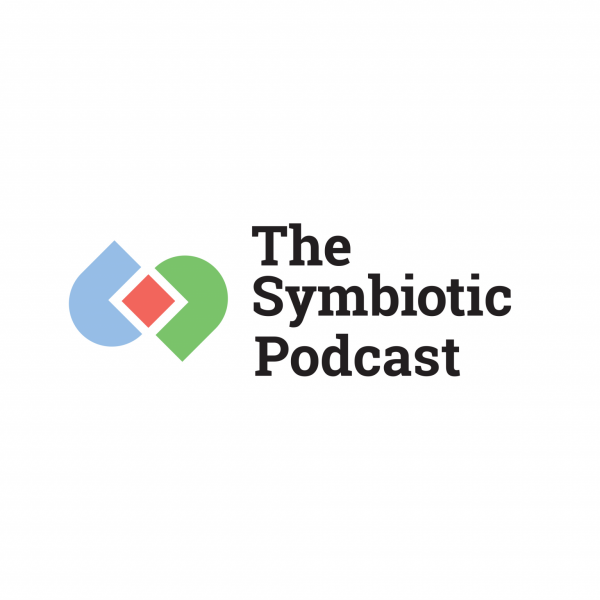
Jan 26, 2022
The Symbiotic Podcast returns live with 'game-changer' David Hughes
After a year’s hiatus, the Huck Institutes of the Life Sciences’ Symbiotic Podcast returns at noon on Thursday, Jan. 27, featuring a livestreamed conversation with David Hughes, Huck chair in global food security, professor of entomology and biology, and founder of PlantVillage.
Full Article
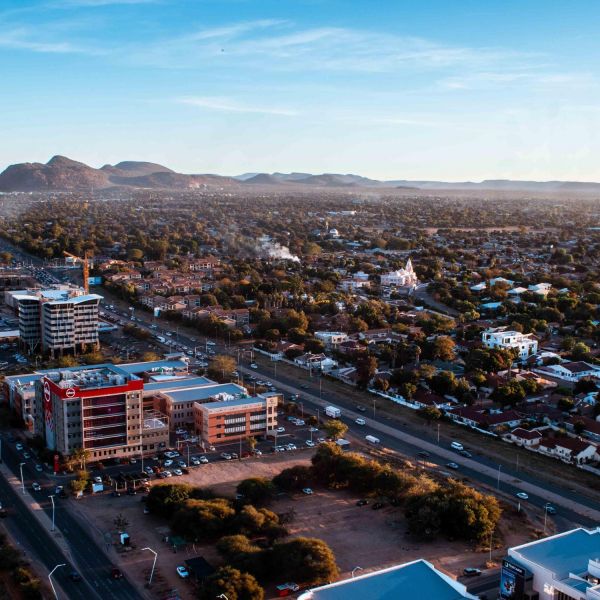
Jan 25, 2022
Omicron genetics and early transmission patterns are characterized in new study
The Omicron variant of SARS-CoV-2 diverged from previous SARS-CoV-2 variants as a result of adaptive evolution, in which beneficial mutations are passed on to future generations through natural selection, rather than through recombination between previous variants, according to a large international team of researchers. The study, which published recently in Nature, is the first to describe the genomic profile of Omicron and explore the origins of the variant.
Full Article
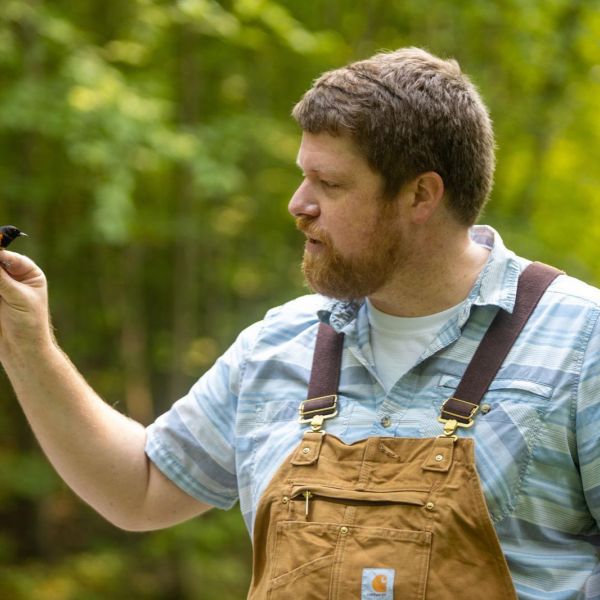
Jan 24, 2022
Penn State biologists explore the secrets of the warbler genome
Looking through binoculars at the trees in their backyards during the pandemic, many brand-new birders may have been surprised by the diversity of visitors stopping by — finches, jays and warblers in an astounding array of yellows, blues and reds.
Full Article